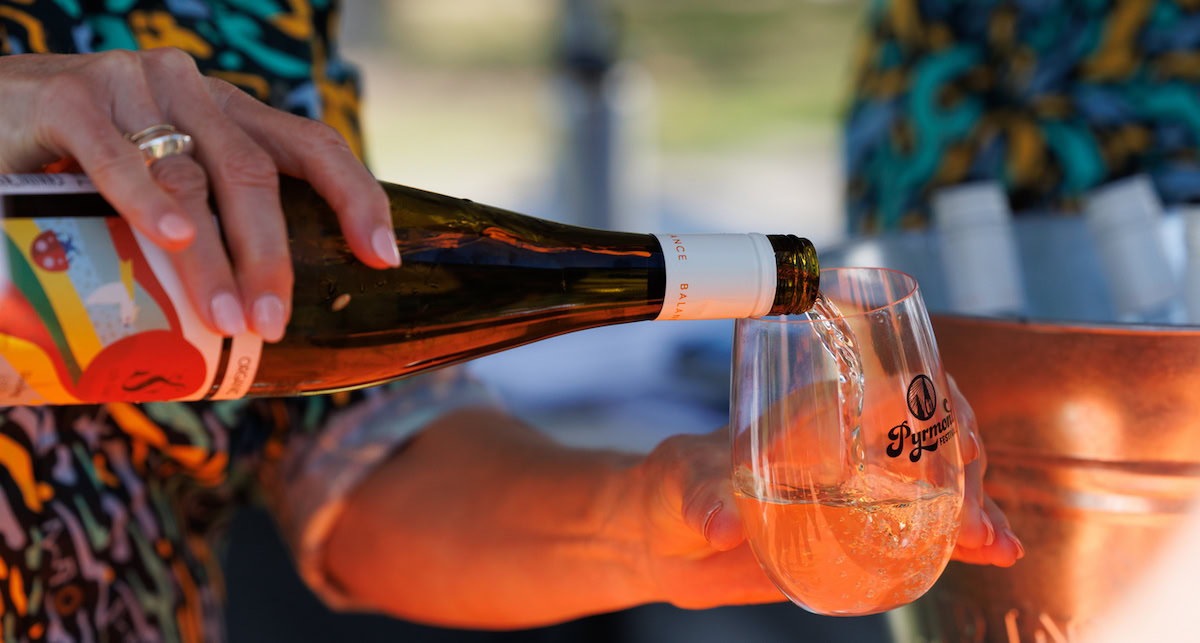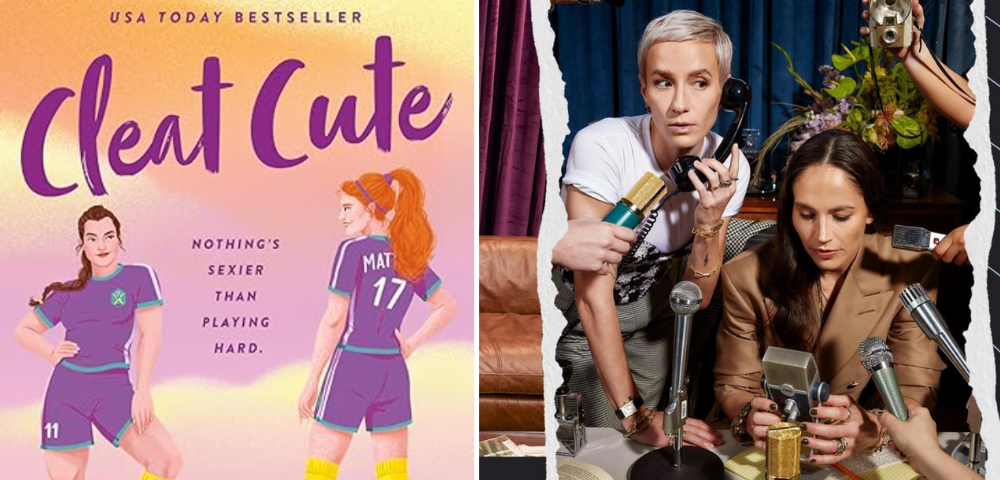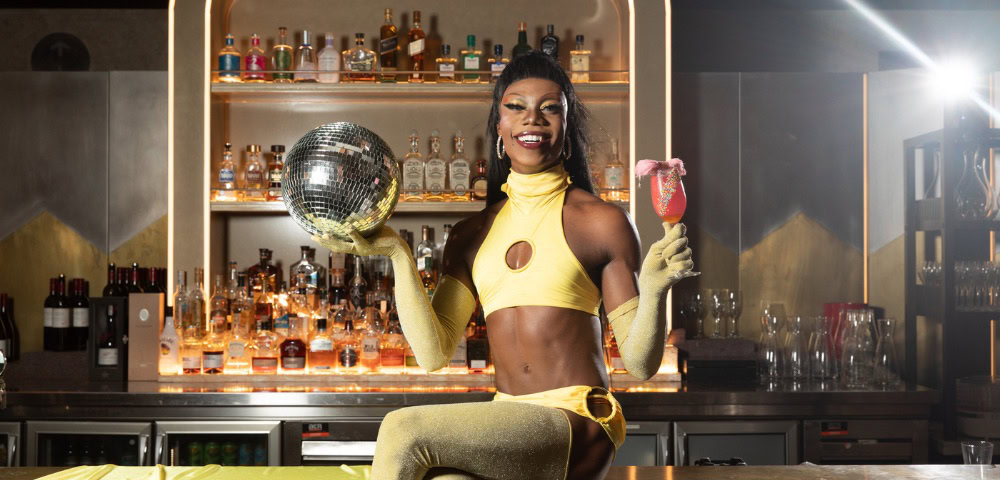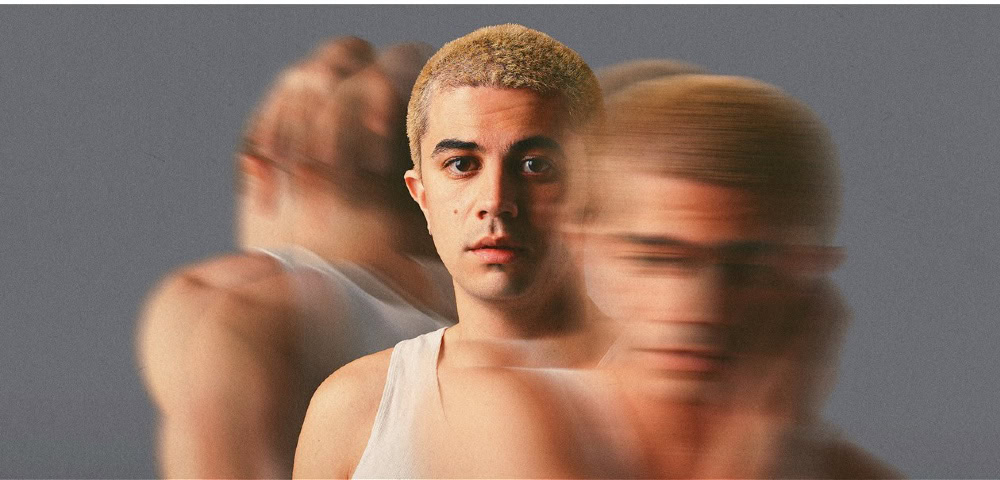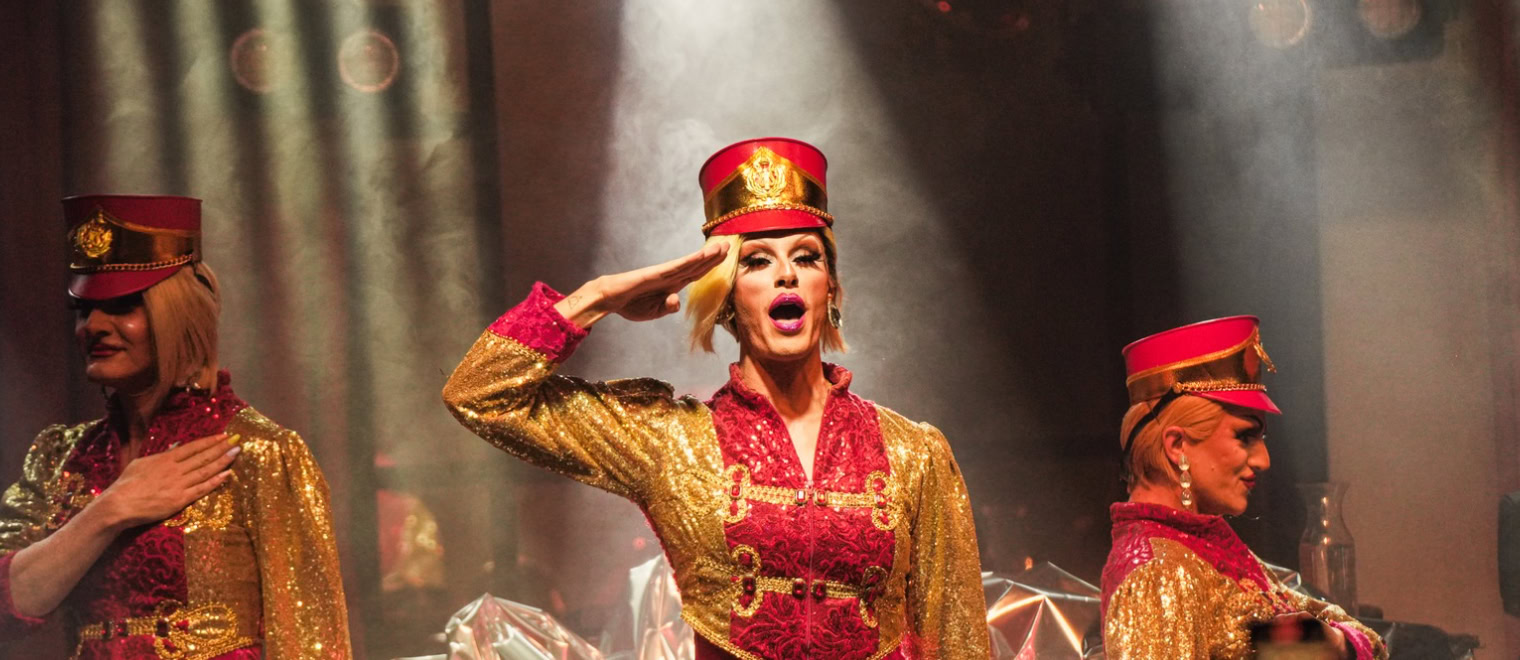
The weight of summer
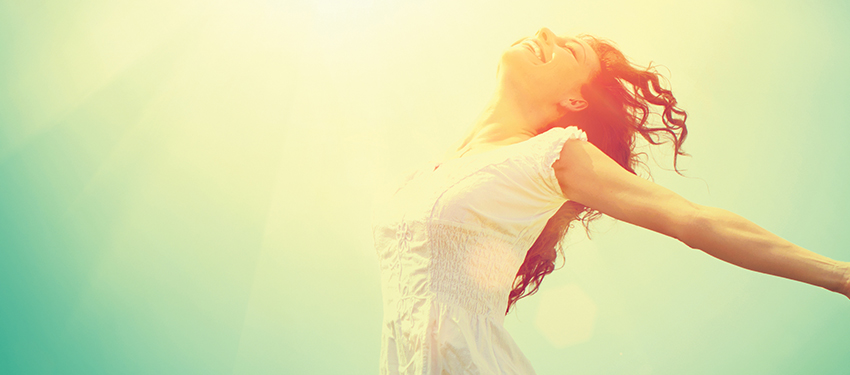
YOUR mother’s ultimatum was “if your weight drops below 45kg you’re not going to Cape Town”.
Every morning — after your family had left for the beach with sandwiches and scrabble — you’d weigh yourself, insert the suppository, await its effect and weigh yourself again. In black ink on my notebook’s cover you’d drawn a heart around our initials and “Friends Forever”. So I waited out your morning routine, I consoled you if your weight rose, and didn’t contradict your lie about eating breakfast. I towed your line.
I didn’t appreciate the seriousness of your weight loss — or my collusion. It had all started so innocuously. We were 15, tanning our legs with our long white school socks rolled low, when we decided to go on diet. Mine was short-lived: salad left me hungry and soon I was swiping the left over roast potatoes after dinner. But you really took to dieting, nibbling a carrot for lunch and squirreling your dinner under lettuce leaves.
You did tap dancing and jazz, sang in a husky voice and modeled waistcoats with nothing underneath. Your hipbones began to poke through the lycra leotard and you traced your ribs with your fingertips. Although your long crinkly strawberry blonde hair was thinning, a sheen of hair grew above your lip and on your arms. I played tennis and netball and the lead role in school plays and my stepbrother called me “BB” which stood for big bum and big breasts. Beside you, I felt gauche, monstrous, fat.
We were full of bravado — hitching, sneaking into age-restricted clubs, flirting with older guys, smoking and drinking. Or perhaps, you were brave — I followed and mimicked. Although I didn’t understand it then, I was like the boys, waiting for the flash of your smile.
We were also wily and determined: we went to Cape Town where my cousin gave us a key to his flat and no curfew. We yelped at the icy Atlantic and sunned our freckled selves on the white sands of Clifton beach, envying the crowds of teenagers. We knew no one, we met no one. We stayed home most nights and went to the beach only once because you were too tired to climb back up the stairs.
In steak houses you dismantled your burger, pecked the gherkin and pushed your plate towards me. I ate twice as much as usual. Most days you ate almost nothing. Except when we bought “Ouma Rusks” and you devoured the whole box, dunking the toasted bread into black tea. Then you threw up in the pink toilet, again and again. I helped you to bed and sat in the dim light, listening to the traffic, hoping my cousin would come home. I was afraid and lonely. You’d closed in on yourself.
Two months after the summer, you were admitted to Tara, Johannesburg’s mental institution, into a ward with boarding school beds and steel bedside cabinets. Each bed swallowed a teenage girl with shoulder blades like butterfly wings and skinny arms furred with long hair. In a whisper you told me about the girl who climbed down the drainpipe every night so she could go running, and about the bulimic with the rotten teeth who’d stolen the box of Quality Street from your bedside cabinet. “They’re all high achievers,” you told me proudly. None of them smiled, none of them answered my hellos.
The doctors agreed meditation might help and so we went to the School of Transcendental Meditation in a drafty Johannesburg house lit only by candles. There we were given mantras shrouded in mystery and told to keep them secret.
In the months before you left for the Israeli kibbutz, twice a week my mother dropped me at Tara’s high wrought iron gate. I walked across the green lawn, up the cement stairs to the ward and then you led me down the red polished passage to the bathroom. When I asked why there was no mirror on the wall, you told me some girls self-harmed — but you didn’t. Together we believed you weren’t sick like the other girls; soon you’d recover and return to school. On each visit — despite the continued busyness of our minds, despite discovering that our mantras were identical — we sat cross-legged on the cold floor with our backs against the deep bath and we meditated. It was the only time we were alone. And it was the last time we were best friends.
The competition will return in 2015. Visit outstandingstories.net or become a fan on Facebook.
To read other short fiction pieces, click here.
**This article was first published in the December edition of the Star Observer, which is available to read in digital flip-book format. To obtain a hard copy, click here to find out where you can grab one in Melbourne, Sydney, Brisbane, Adelaide, Canberra and select regional areas.




